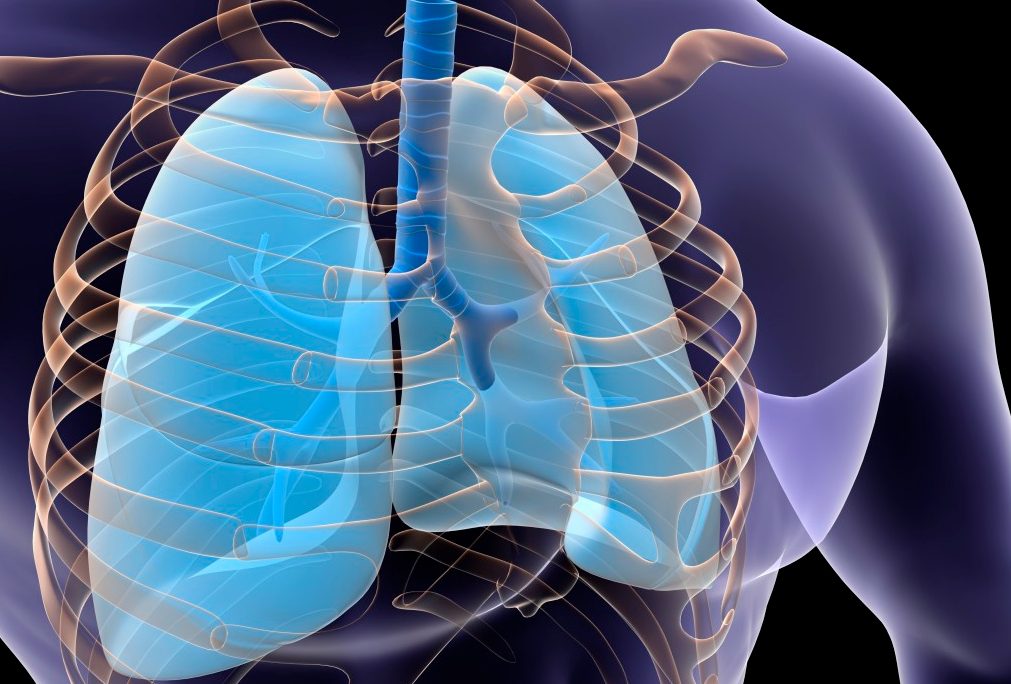How Do You Get Pneumonia?

You can get pneumonia when a flu virus or another contaminant spreads to your lungs, or if you accidentally breathe in food or fluid from your mouth.
Pneumonia is a lung infection. The air sacs, or alveoli, of your lungs fill with fluid in response to an infection, and you have difficulty breathing. Children younger than age two, seniors, or people with immune problems are most at risk.
The problem can occur in only one lung or both. You can have walking pneumonia without realizing you’re ill.
YOU MIGHT ALSO LIKE: Is Walking Pneumonia Contagious?
How do you get pneumonia?
Like other respiratory illnesses, pneumonia is contagious and can spread from one person to the next through coughing and sneezing. Any bacteria or virus in your nose, sinuses, or mouth can spread to your lungs. Food, drink, or vomit can travel from your mouth into your lungs, giving you aspiration pneumonia.
The bacterium that is most likely to spread to your lungs is Streptococcus pneumoniae. Ordinary flu viruses are another common cause.
Your chances of getting pneumonia are higher if you smoke or have a chronic lung disease like asthma or COPD, a complication of smoking. Any difficulty swallowing — because of a stroke, dementia, Parkinson's disease, or other neurological conditions — can lead to aspiration.
Living in a nursing home is also a risk factor. Low immunity — because of cancer treatment or another illness — make lung infections more likely. Heart disease, type 2 diabetes, and liver scarring increase your chances. Any surgery to your mouth, throat, or neck can make you vulnerable.
People on a ventilator in a hospital may get pneumonia or catch it from other immunocompromised patients.
Chemicals — in the form of a liquid, gas, dust, or fumes — can reach your lungs and cause them to swell up, making it difficult to breathe.
Good hand hygiene can protect against respiratory infections that can lead to pneumonia.
Some vaccines can prevent some types of pneumonia. A vaccine can protect children younger than 2 and children 2- to 5-years-old from pneumococcal disease. Adults 65 or older and people up to 65 with chronic conditions should also have a pneumonia vaccine.
What are the signs of pneumonia?
Pneumonia often follows a cold or flu if the germ or virus travels to your lungs. You might feel on the mend, and then suddenly the symptoms come back but more intensely.
Suspect pneumonia if you have a high fever. With bacterial pneumonia, your fever could go as high as 105. You might be coughing green, yellow, or bloody mucus, have chills that make you shiver, and feel very tired and have trouble breathing.
You will probably have a low appetite, and may have the sweats, a fast heartbeat, chest pain when you cough or breathe deeply, and blue fingernails or lips. In the elderly, the first sign may be confusion. Monitor your loved one for coughs or signs of difficulty breathing or chest pain.
If you have been exposed to a toxic chemical, you might feel your nose, eyes, lips, mouth, and throat burning. You might cough, have a headache and abdominal or chest pain, be short of breath, weak, and disoriented.
Pneumonia treatment
See a doctor if you, or a loved one, have symptoms of pneumonia. Doctors confirm pneumonia with an x-ray.
It’s important not to assume you need antibiotics. Like the flu, pneumonia can be caused by a virus. Antibiotics won’t help, and you’ll just need to rest. Doctors sometimes prescribe antibiotics without a clear x-ray result, based on other factors in your case. But it is best to avoid unnecessary antibiotics.
Chemical pneumonia may require treatment with:
- Fluid through an IV
- An oxygen mask
- Steroid medications
- Pain medication
- Help breathing with a ventilator
Updated:
September 29, 2023
Reviewed By:
Janet O'Dell, RN